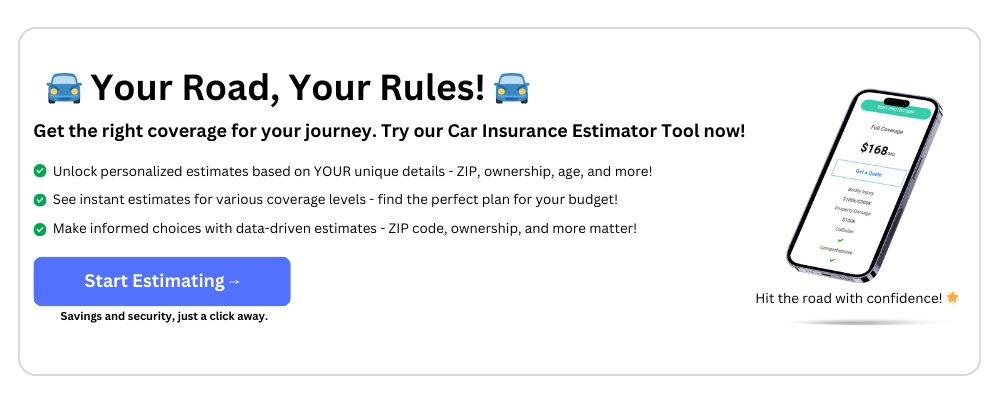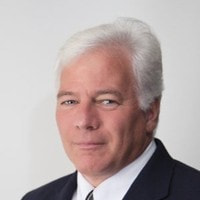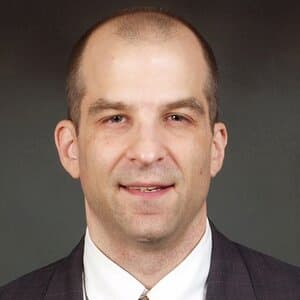If you own your car, you can cash out your insurance claim check (minus the deductible) instead of repairing your vehicle. But your insurer will only pay to fix your vehicle for the same claim once. Here’s what you need to know.
- Keeping insurance claim money is not fraud if you own the car and the insurer sends the claim check to you instead of sending it to your repair shop.
- If you have a loan or lease on your car, then you cannot choose to spend the insurance payout on something else and not repair the vehicle.
- Most lenders would want you to use the money for repairs, but you can talk to your lender about it.
Do I have to fix my car with the insurance money?
When you claim against your auto insurance policy, you can “cash out” and receive money as compensation (minus your deductible amount) instead of having your insurer pay a body shop to fix your vehicle.
However, if you don’t own your car outright but instead have a loan or lease, you aren’t in control of how your claim payout can be spent. If you try to keep the money from your comprehensive insurance for hail damages, your lien holder will argue that their asset is not being repaired.
The insurance company has met its obligation by paying the repair costs for the damages it found. The car insurance company shouldn’t take the money back or consider it fraud if you don’t use the insurance money to repair the vehicle. But it is fraud if you file another claim for the same damage in the future.
Most lenders require you to place them on your auto insurance policy as a loss payee so that the insurer will issue any check for repairs (or the totaling of the car) to you and your lienholder.
To cash a claim check made out to both of you, you would endorse the check and send it on to the lienholder, which may require you to send the documentation that the repairs were made to the vehicle — such as a copy of the repair bill and photographs of the repaired car — before they will sign over the check to you or a repair shop.
It could be considered fraud if you cashed a check made out to you and the lienholder without their endorsement, or by forging their signature.

Can I keep a claim check if I have a loan on my car?
If the check is made out only to you, your finance agreement usually requires you to notify your lienholder about the damages and insurance payout. Most lenders require you to use the money for the needed repairs. However, you can discuss the issue with your particular lienholder.
If the hail damage isn’t that extensive and your loan is almost paid off — or if you plan on using the hail damage insurance claim money to pay off the loan — your lienholder may not require you to get the repairs made.
If your lienholder does allow you to keep the money and skip the repairs, remember that this is now pre-existing damage the insurer will take into account if your car sustains damage in the future. Your insurer will deduct for this previous damage if the vehicle is damaged in the same area or if the car is totaled out.
Is it illegal to use insurance money for something else?
It is not illegal to use your insurance money for something other than repairing your car. However, your insurer might not renew your coverage when the policy period ends.
Even if your insurer sticks with you, it’s possible that your decision not to repair the car could come back to haunt you.
“If your insurance company pays you a settlement and you decide not to repair the damage, that’s OK,” says Carole Walker, executive director of the Rocky Mountain Insurance Information Association. “But keep in mind if you file a future claim, any pre-existing damage will not be covered.”
In addition, there are situations where it will be difficult for you to use the money for anything other than repairing your vehicle. Sometimes, the insurer will send the check directly to the lender that issues your car loan. In other situations, the insurer might send the check directly to a mechanic or body shop.
In particular, your lender wants to the car to be fixed so it is in good shape. For this reason, the lender will likely require you to use the money for repairs.
In many cases, the insurer will make the claim check out to both you and the lienholder. Your lender might not sign over the check to you or the repair shop until it has proof the repairs have been completed.
What happens if you don’t use insurance money for repairs?
If you do not spend the money on car repairs, you will likely be left with a damaged and unrepaired car. If the damages are merely cosmetic, this won’t significantly impact how your car functions.
However, if the damages are mechanical or structural in nature, driving the car could become dangerous. Or, it could eventually result in the need to make bigger and more expensive repairs down the line.
Who gets the insurance check when a car is totaled?
As a car’s owner, you might expect that the insurance check would come to you if the car is totaled. However, if you have a car loan or lease, the check will likely go to the lender or leaseholder.
You might receive something after the lender or leaseholder is paid, but that is not guaranteed. You will only receive money if some cash remains after the vehicle loan is paid off.
Of course, if you own the car outright and don’t have a car loan, the check will come directly to you.
Can I keep the extra money from a car insurance claim check?
After repairing your car, you may have money left over from the claim check. While you could pocket this money, it’s probably not wise to do so without contacting your insurer first.
If the insurance company finds out that it overpaid and you pocketed some of the money, there is a chance it might penalize you with higher premiums. Alternatively, the insurance company might not renew your policy. It’s even possible you could be accused of insurance fraud.
A far better bet is to contact your insurance company to let them know that there is money left over from the insurance check and see how they want to proceed.
When do I have to use the insurance check for auto repairs?
If you have a loan or lease through a lender or leaseholder, you will most likely need to use your insurance check for auto repairs.
Also, if you choose not to use the claim check to repair your car, your insurer will likely refuse to pay to fix the damaged areas of your car if you get into another accident or make a claim for it in the future.
Many states have laws that require drivers to have certain features on their vehicles that are intact, such as bumpers. That means you will need to have these car parts fixed before you can legally drive it again.
Can I repair my car on my own after an accident?
If you own your car and don’t have any loans, you can repair the damage to your car on your own. However, this presents several risks.
For starters, you might miss hidden damage that a professional mechanic or car body shop would detect and fix. Also, you might not have the tools — or expertise — to do the job as well as a professional would.
Most importantly, if you conduct repairs on your own, your insurer might drop your policy or place restrictions on the types of coverage you can purchase for the vehicle.
If you have a car loan or car lease, it is unlikely that your lienholder or leaseholder will permit you to perform fixes on your own.
People Also Ask
My car was financed and it was damaged in a wreck. I have the check but the car was repossessed before repairs. Am I entitled to keep the check?
You may not be entitled to the check as you lose the legal right to the car once it’s repossessed. The funds from your insurance policy for all the covered damages will go directly to the lender. You are also responsible for the deductible and any other non-covered damages to the car you must pay the lender.
I have an insurance check but I also still owe payments on it can I use it to get my car out of the impound.
Since your car is financed, you are not in charge of how you spend the claim check – you must fix your vehicle.
Resources and Methodology
Sources
- Kin Insurance. “What happens if you don’t use insurance money for repairs?” Accessed February 2024.
- Experian. “What Can I Do With My Car Insurance Claim Check?” Accessed February 2024.
- SoFi. “Who Gets the Insurance Check When a Car Is Totaled?” Accessed February 2024.
- Cellino Law. “What If Insurance Check Is More Than The Repairs?” Accessed February 2024.
- Kneller Insurance Agency. “Can I Repair My Car After Filing a Claim?” Accessed February 2024.
Why you can trust CarInsurance.com
The CarInsurance.com editorial team bases its reporting on data it commissioned Quadrant Information Services to gather on average auto insurance rates for more than 34K ZIP codes across the United States. Typically, averages are based on rates for a single, 40-year-old male, with no violations who commutes 12 miles to work each day and has a full-coverage policy with limits of 100/300/100 and a $500 deductible for collision and comprehensive coverage.





